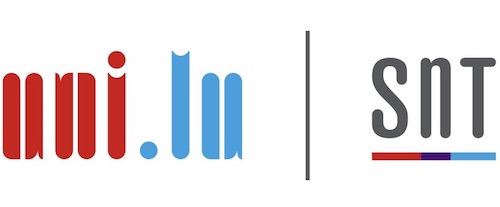Cholesteric Spherical Reflectors as Physical Unclonable Identifiers in Anti-counterfeiting
Interdisciplinary Research Group in Socio-technical CybersecurityCholesteric Spherical Reflectors as Physical Unclonable Identifiers in Anti-counterfeitingMónica P. Arenas , Hüseyin Demirci and Gabriele Lenzini Abstract:Cholesteric Spherical Reflectors (CSRs) are made of droplets of cholesteric liquid crystals (the same material under the screen of our mobile phones) but molded in a spherical shape and hardened into a solid. … Continued

